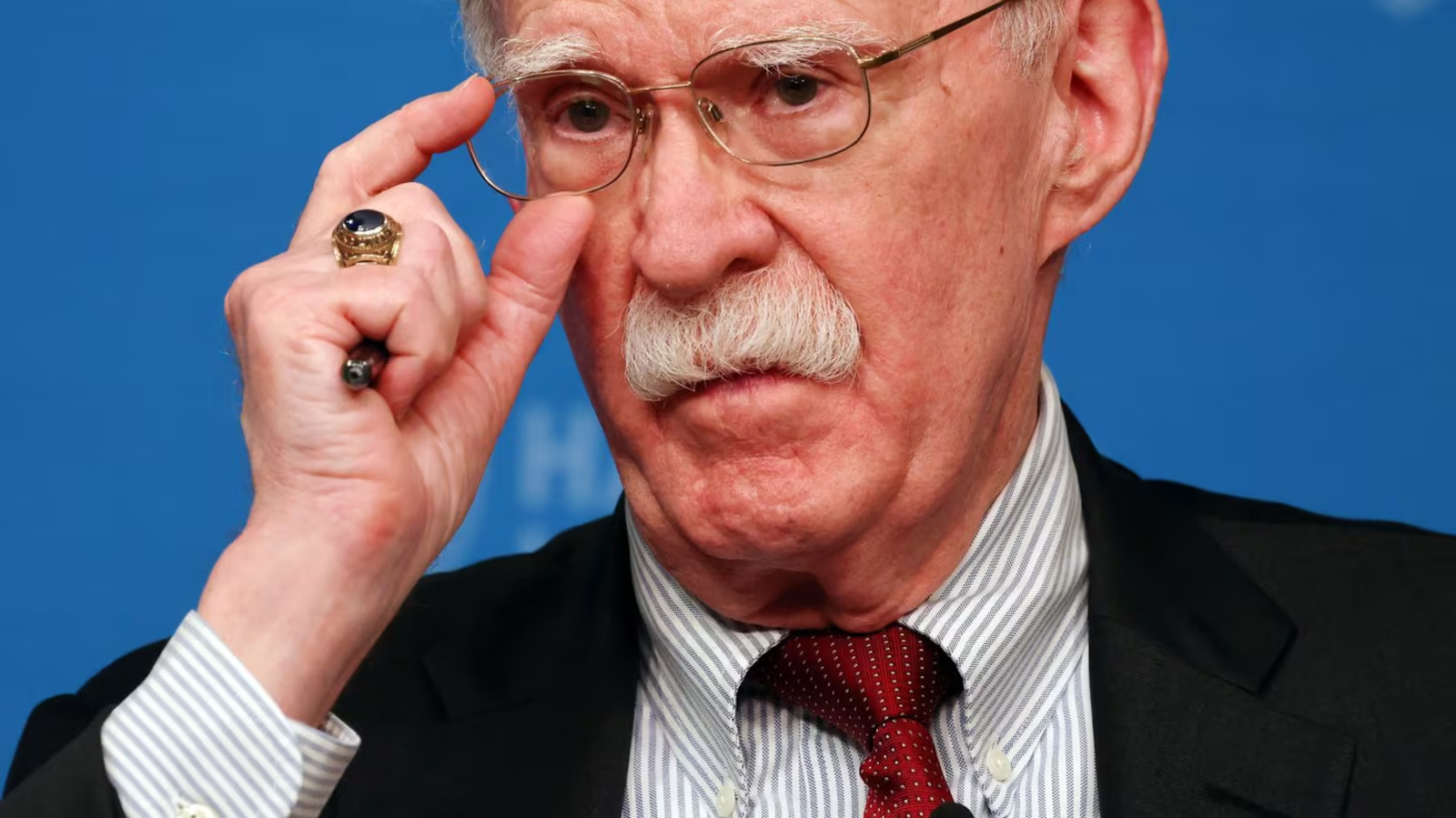Washington, D.C. — Former U.S. National Security Advisor John Bolton has criticized Prime Minister Mark Carney for apologizing to President Donald Trump over Ontario’s anti-tariff advertisement, calling the move “a mistake” that could weaken Canada’s position in ongoing trade tensions with the United States.
Bolton stated that Carney’s decision to apologize “showed weakness” and may influence Trump’s approach to future negotiations with Canada. He compared Carney’s response unfavourably to that of other world leaders, emphasizing that figures such as China’s President Xi Jinping “don’t apologize” in similar disputes.
The controversy began after the Ontario government aired an advertisement featuring a historic clip of former U.S. President Ronald Reagan opposing tariffs, which aired during the World Series. The ad angered Trump, who responded by terminating trade discussions with Canada and announcing an additional 10 per cent tariff on Canadian goods.
Carney later confirmed that he had privately apologized to Trump, expressing regret over the ad and emphasizing that negotiations on key sectors like steel and aluminum had been progressing before the fallout. Ontario Premier Doug Ford, however, maintained that he would “never apologize” for the ad, calling it a necessary stand against unfair tariffs.
Bolton suggested that Canada should delay any major trade decisions until after the U.S. Supreme Court rules on Trump’s authority to impose such tariffs — a decision expected later this year. He said the court’s ruling could “fundamentally change Trump’s negotiating position,” particularly if it limits his power to apply broad economic sanctions under the International Emergency Economic Powers Act.
Bolton added that a ruling against Trump would significantly weaken his leverage in trade talks, noting, “This is his signature program, and the court could sweep away much of it.”
The Canada-United States-Mexico Agreement (CUSMA) is scheduled for formal review next year, with both countries preparing for what could be a major test of North American trade relations in 2026.

